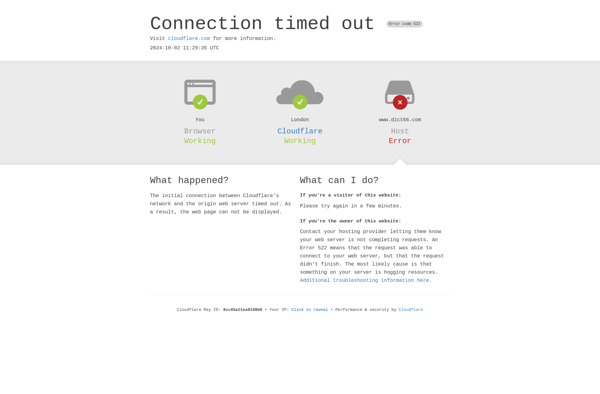Wiktionary
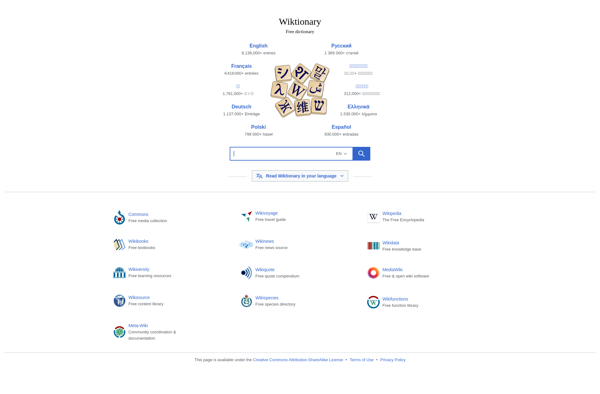
Wiktionary: Free Multilingual Dictionary
A free collaborative dictionary project by Wikimedia Foundation offering multilingual word definitions, etymologies, pronunciations & synonyms.
What is Wiktionary?
Wiktionary is an open-content, web-based, collaborative dictionary project operated by the Wikimedia Foundation. Launched in 2002, it aims to describe all words of all languages using definitions, etymologies, pronunciations, synonyms, and translational equivalents.
Wiktionary relies on the contributions of volunteers to build its dictionary content. Anyone can sign up for an account and add new entries, edit existing ones, or discuss changes. This open model facilitates the inclusion of many rare, regional, archaic or specialized terms that would be difficult to find in traditional print dictionaries.
In addition to text definitions, Wiktionary provides usage examples, audio pronunciations, concise etymologies, textual links to related words, and statistics such as word frequencies. Entries are organized by language and then alphabetically. Various display options allow customizing how entries are presented. Special tools aid editors in formatting, categorizing and maintaining the dictionary content.
As of 2022, Wiktionary contained over 6 million English definitions and over 32 million definitions across 309 languages. Translational equivalents connected terms across 171 languages. Content and editorial discussions were available in 81 languages. The project continues working to expand its dictionaries for additional languages.
Wiktionary Features
Features
- Multilingual dictionary
- Definitions
- Etymologies
- Pronunciations
- Synonyms
- Usage examples
Pricing
- Free
Pros
Cons
Official Links
Reviews & Ratings
Login to ReviewThe Best Wiktionary Alternatives
Top Education & Reference and Dictionaries & Encyclopedias and other similar apps like Wiktionary
Here are some alternatives to Wiktionary:
Suggest an alternative ❐GoldenDict
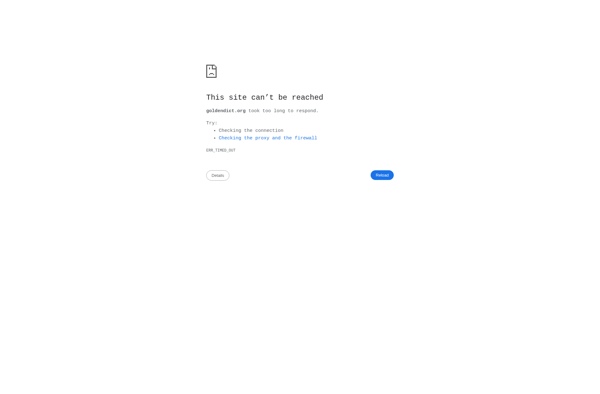
Translate Me
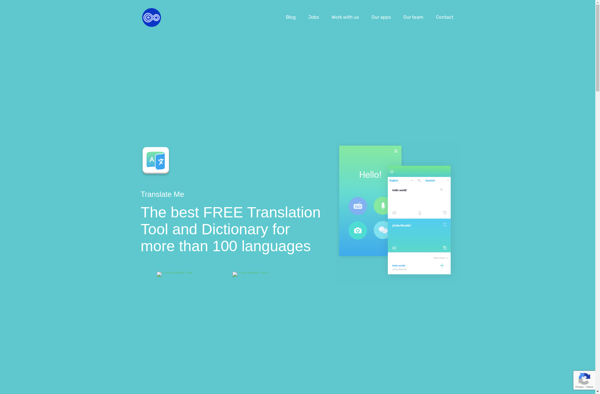
StarDict
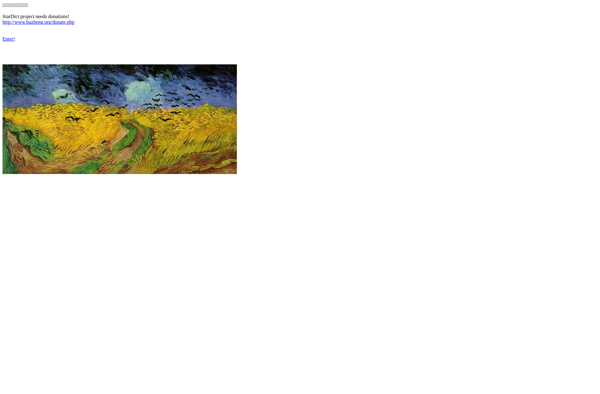
Glosbe
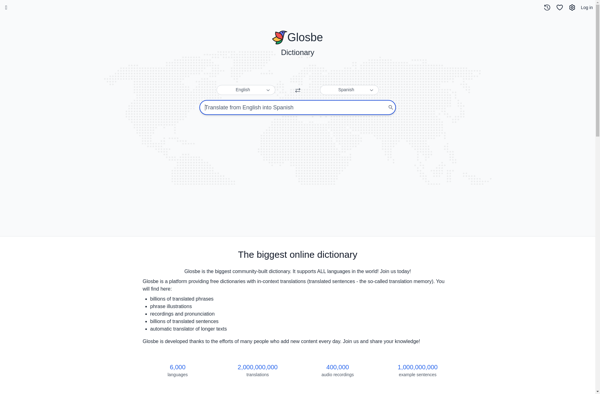
Apple Dictionary
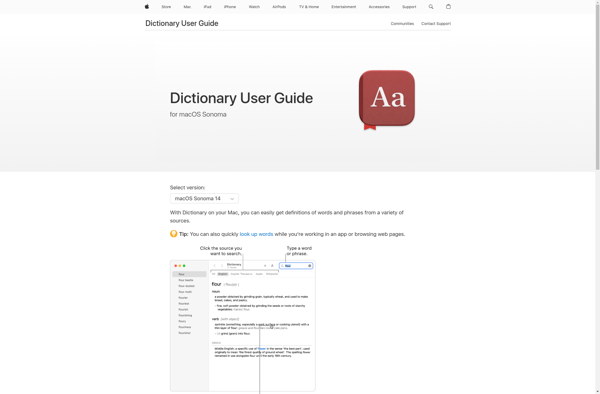
Neumpy Translator
Power Thesaurus
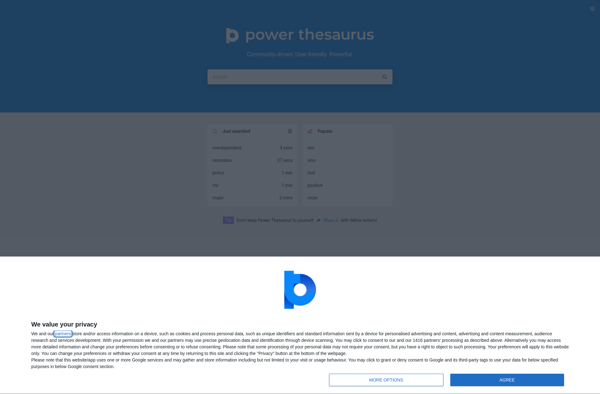
Visuwords
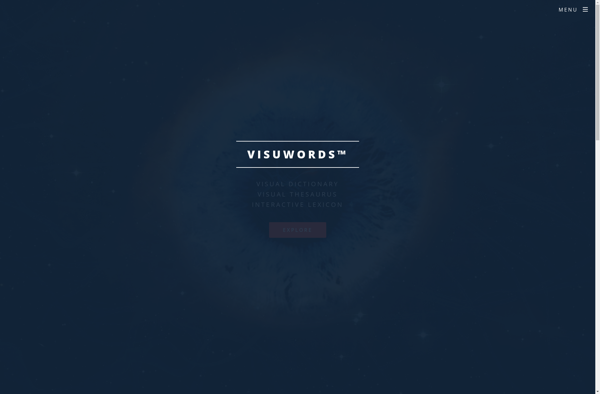
DocTranslator
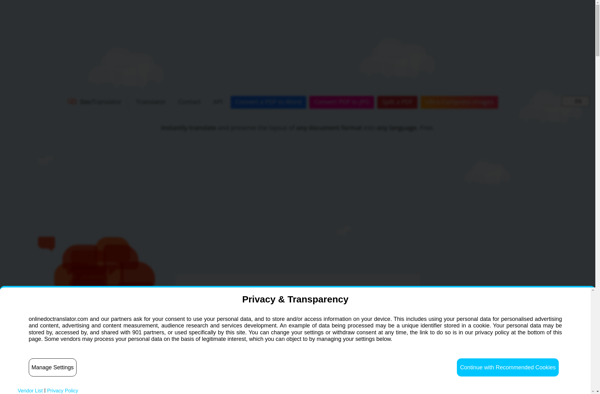
Merriam-Webster

Dictionary.com
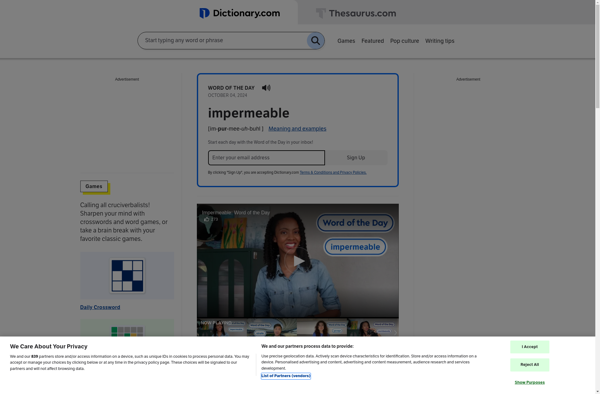
WordReference
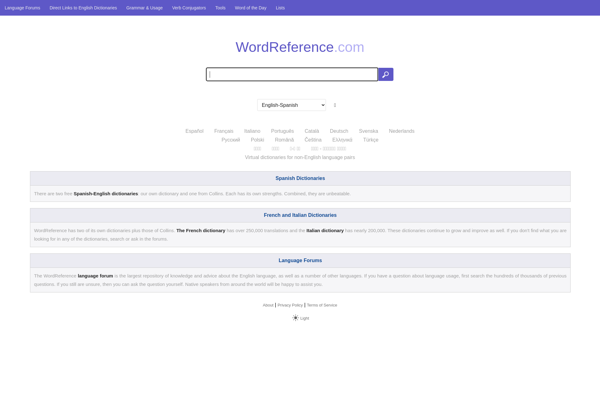
Google Dictionary
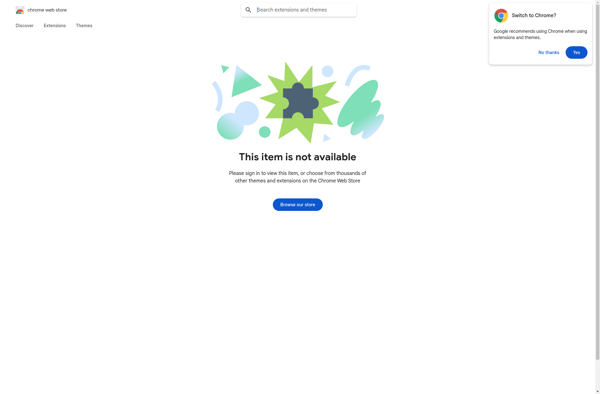
Dict.cc
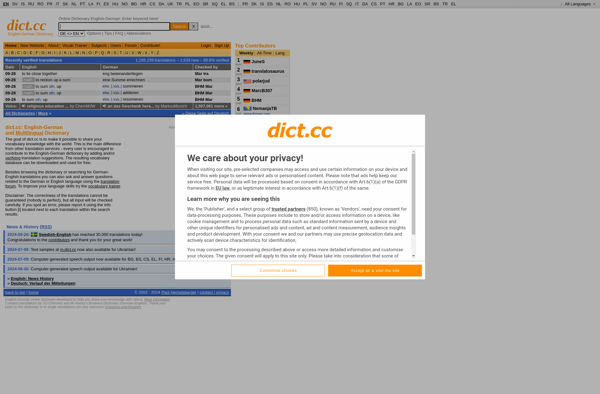
Mate Translate
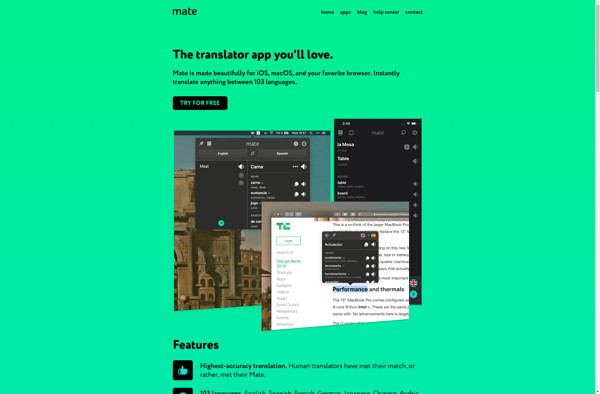
Saladict
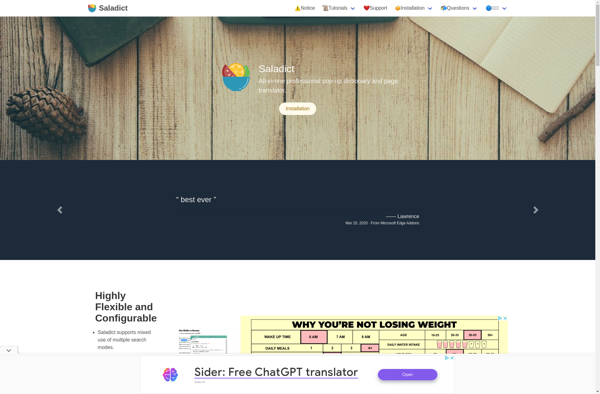
Longman English Dictionary Online
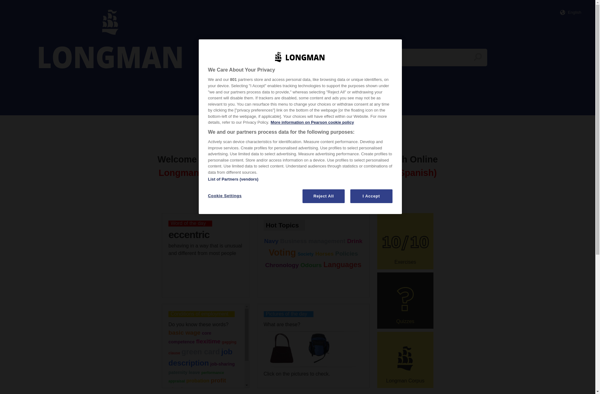
Define
Wordnik
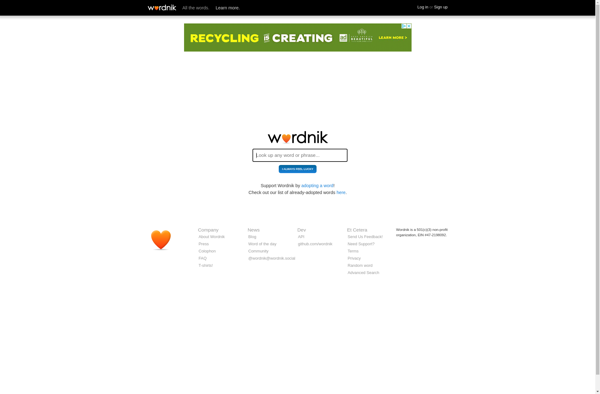
Blueseal Dictionary
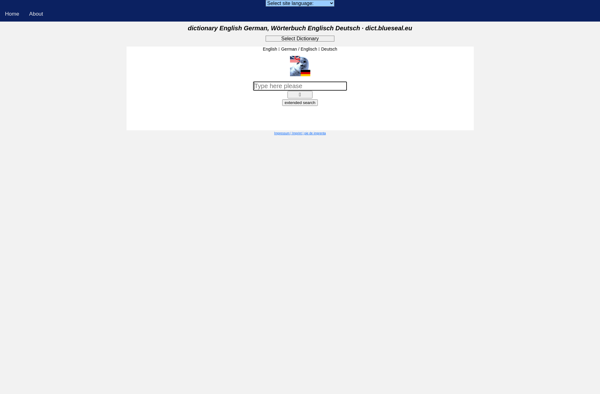
Dictionarist
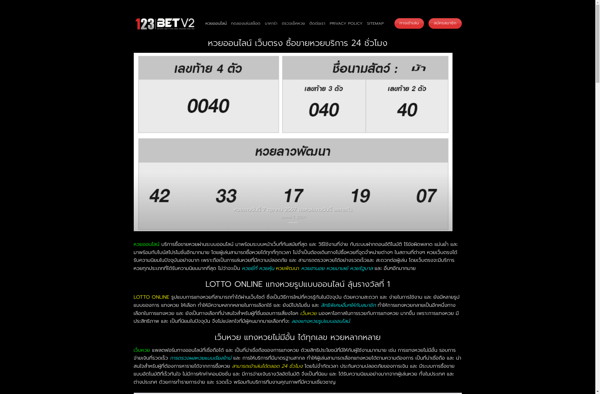
The Free Dictionary
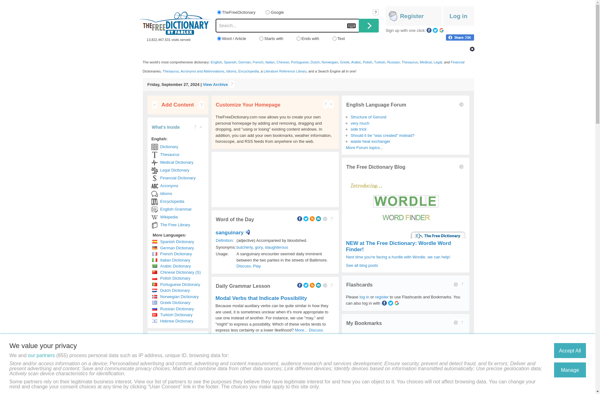
English to Spanish Translator Pro
VerbAce
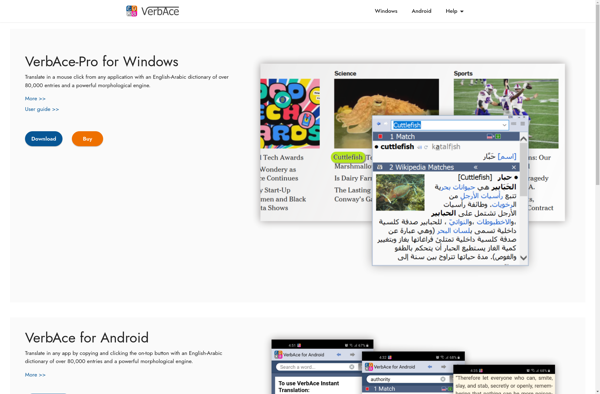
Vocabulary Miner
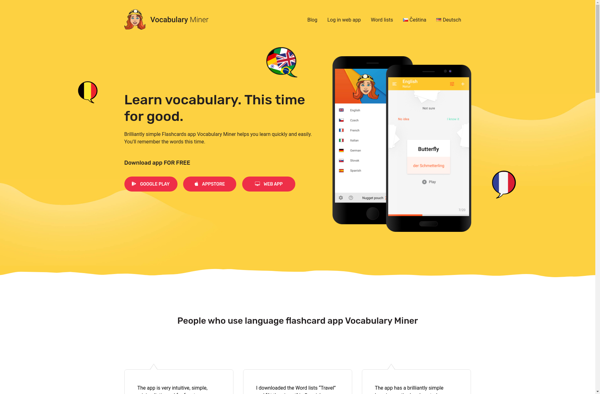
Oxfordify English Dictionary
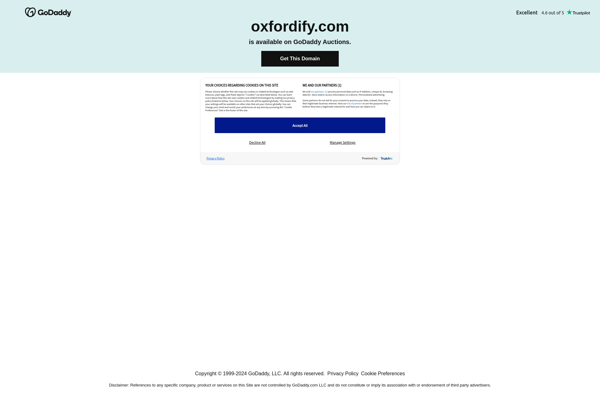
ITranslator
Term.ly
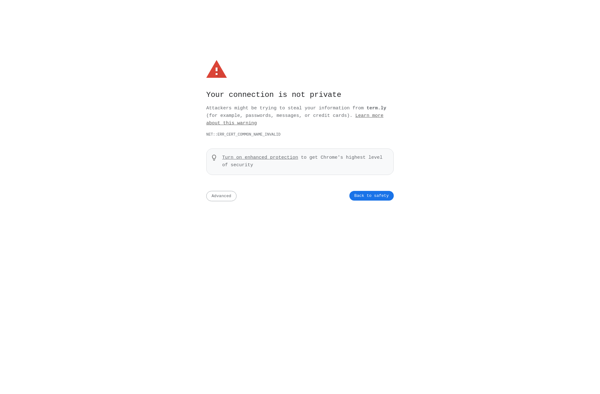
EZGlot
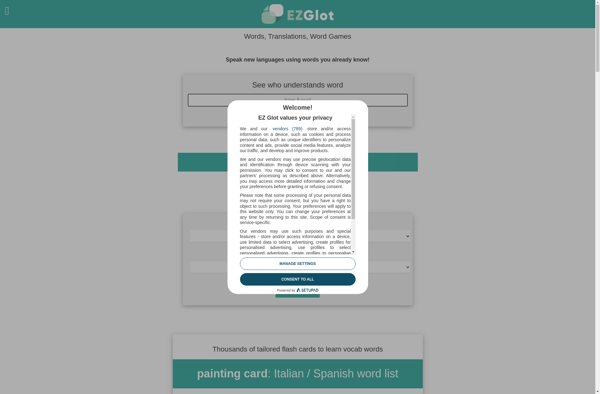
Spanish to English
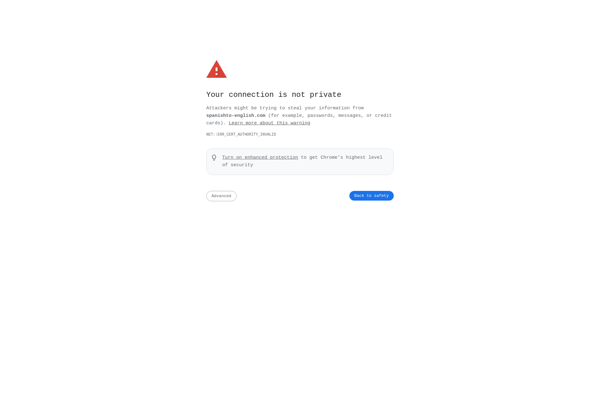
Collins English Dictionary
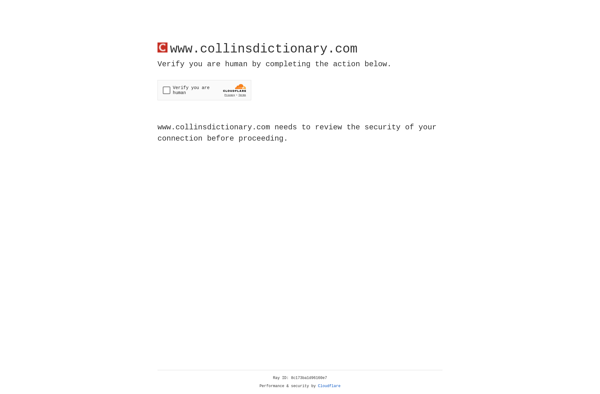
Allkdic
Word Awesome
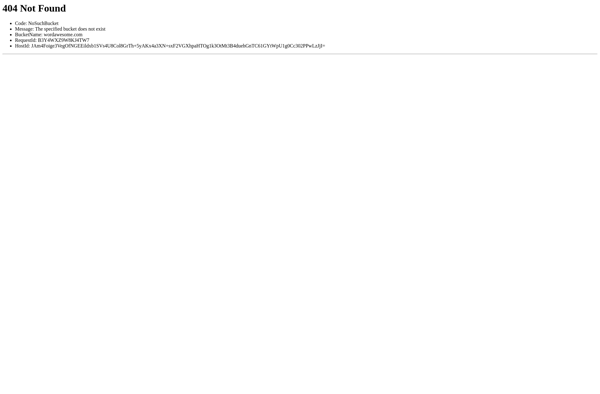
Dictd
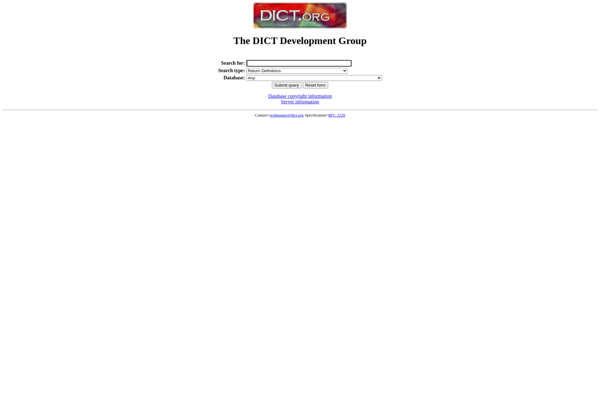
XFarDic
Treegle Dictionary
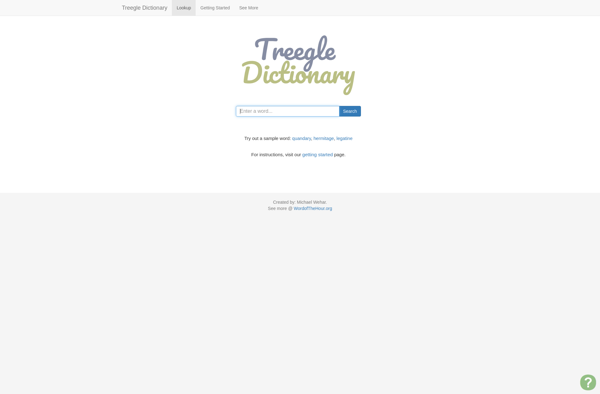
MetaDaF
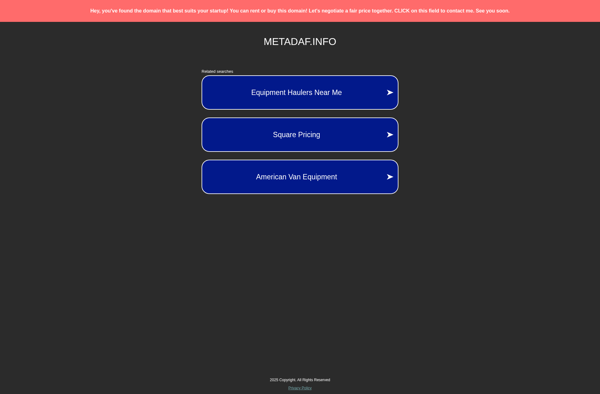
Lingvanex

SkyDic
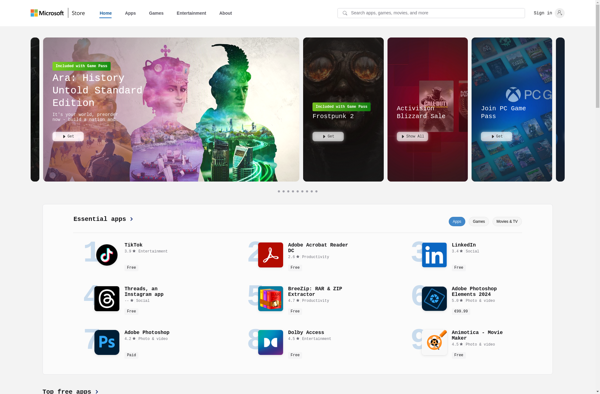
Dictionary .NET
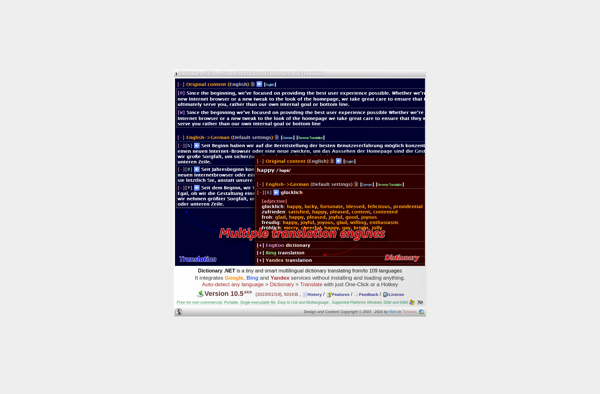
Everest Dictionary
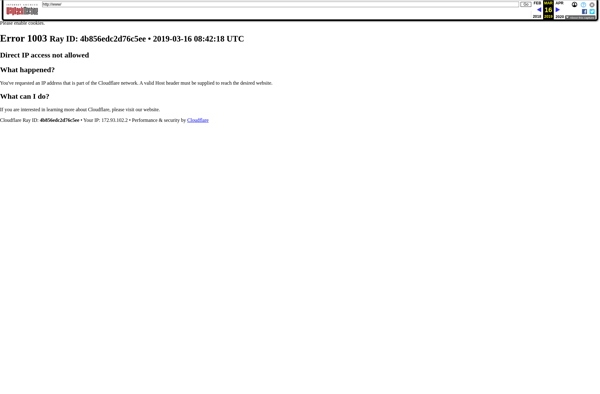
QwickUp
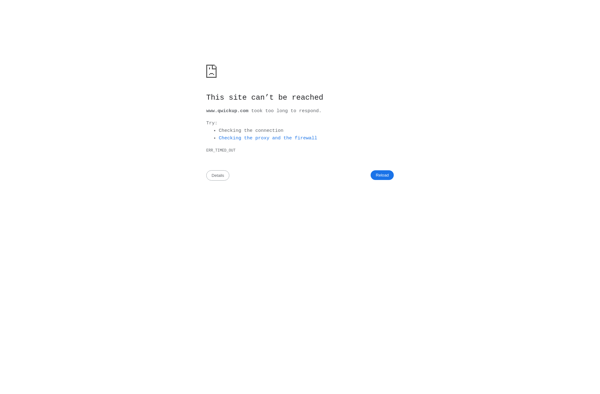
FancyTran
SYSTRAN translate
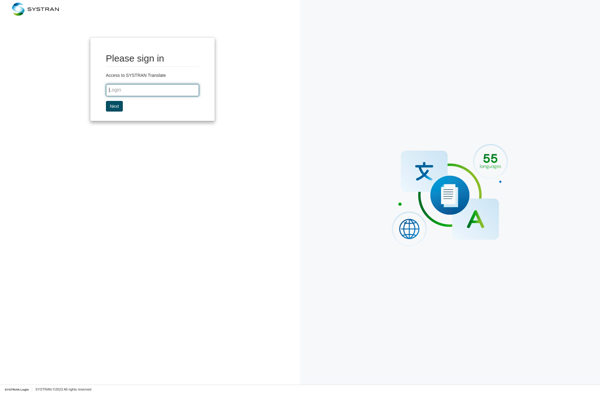
Ninjawords
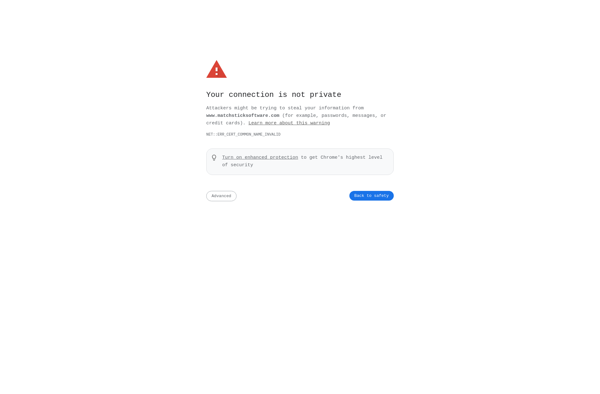
Ultralingua
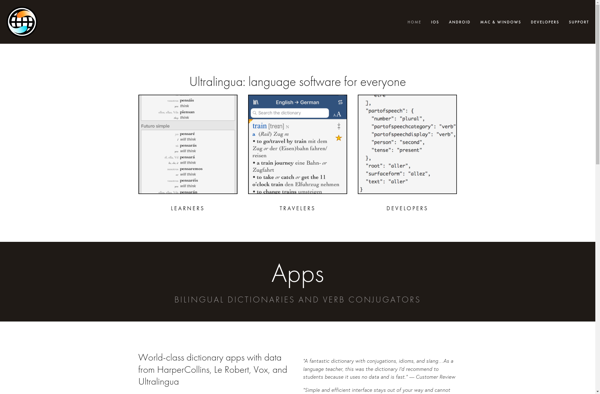
Dict66
